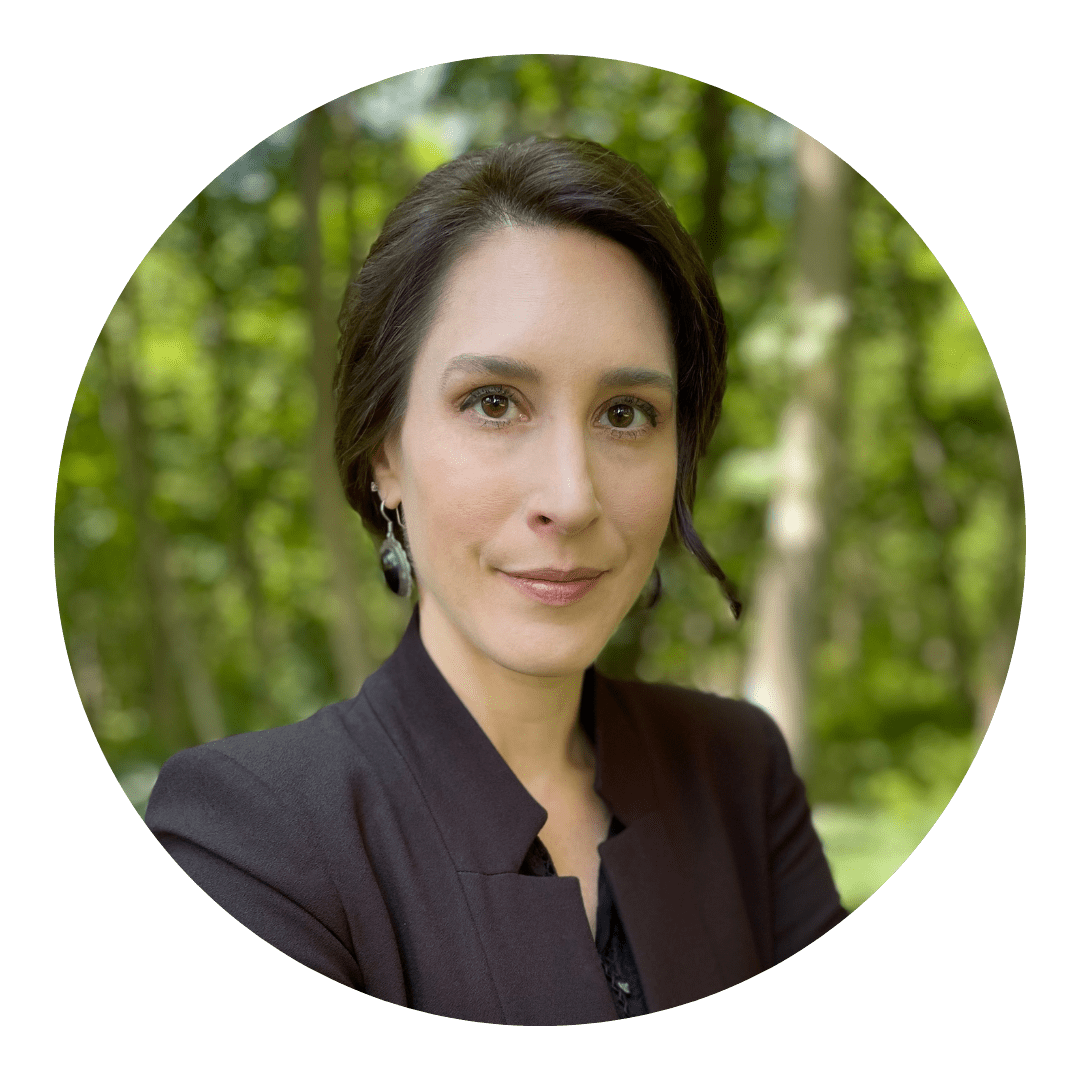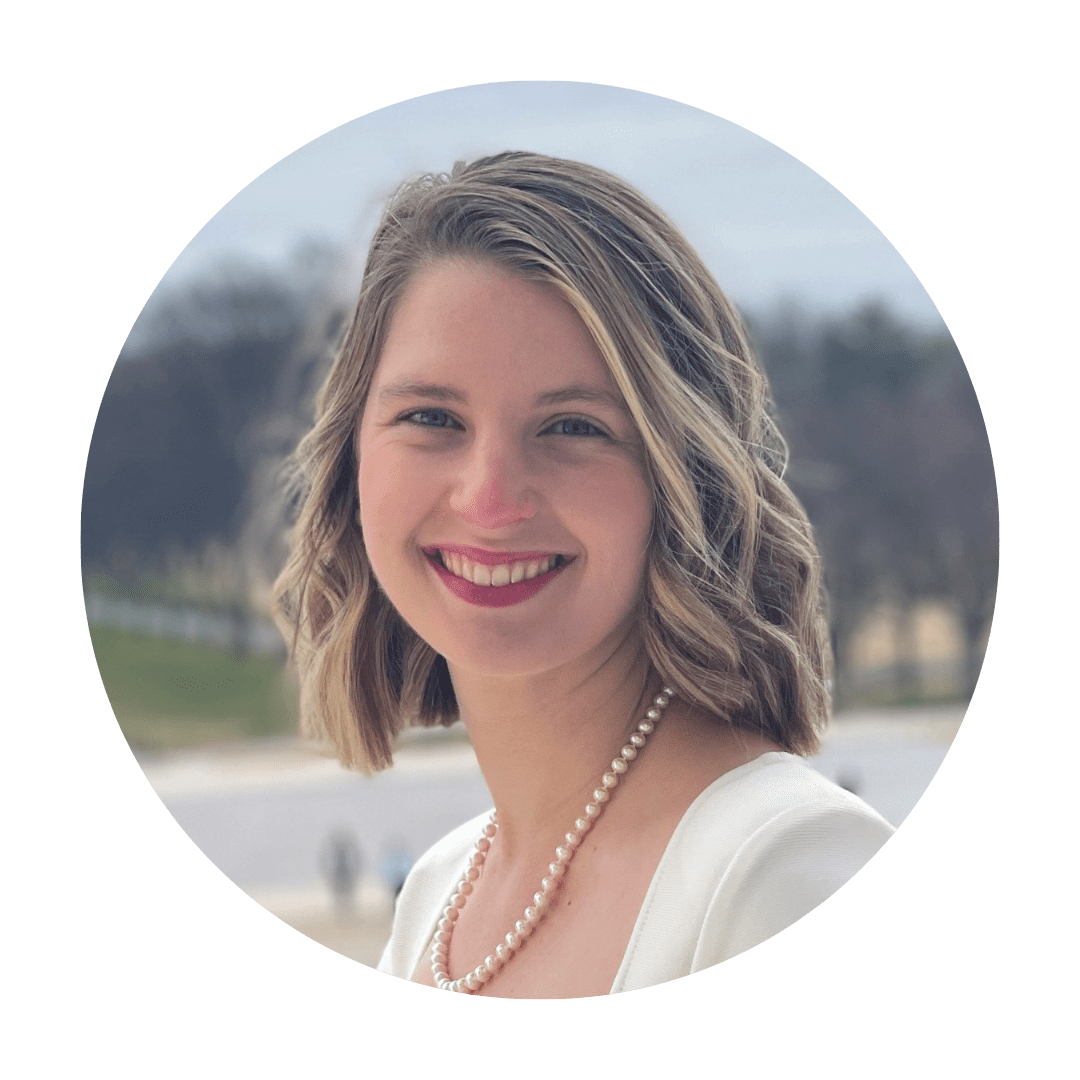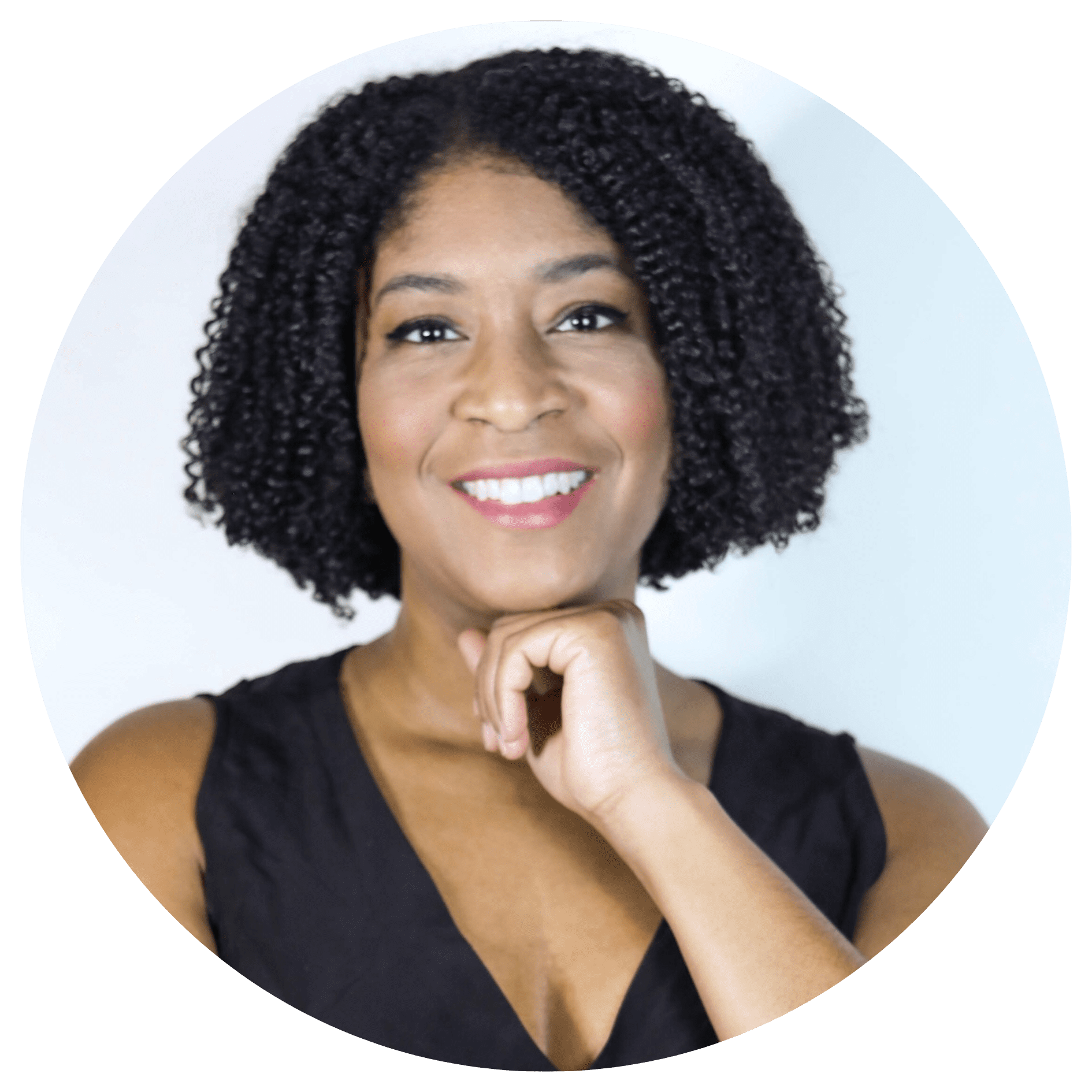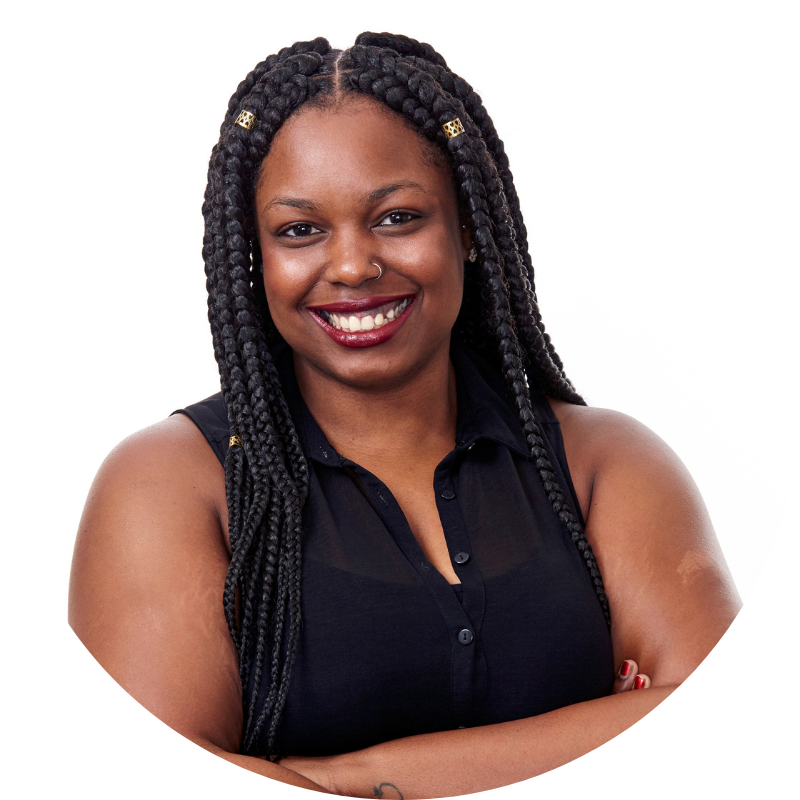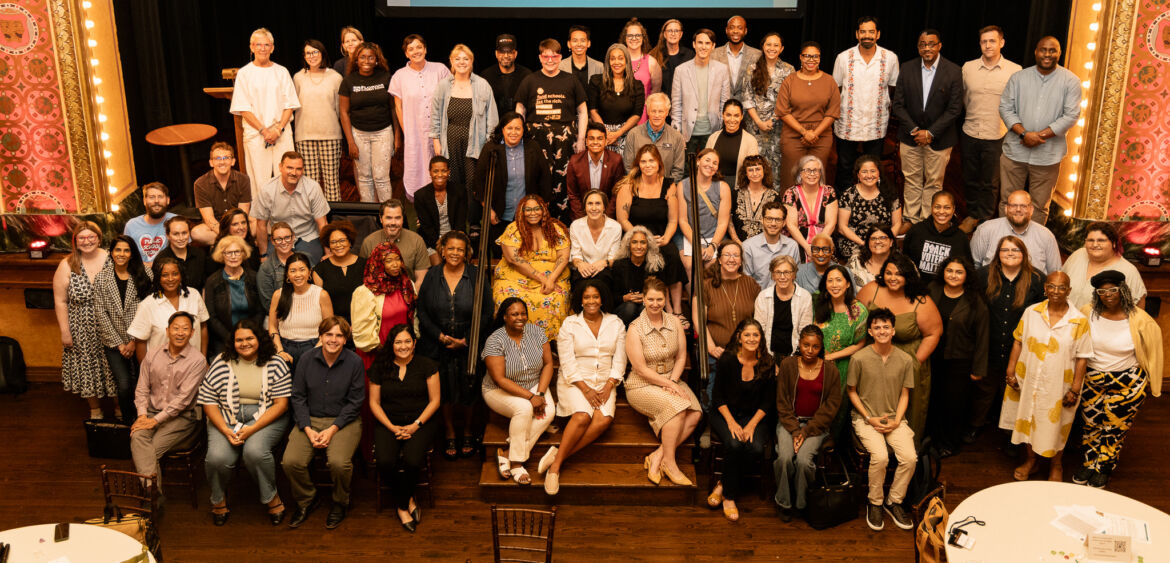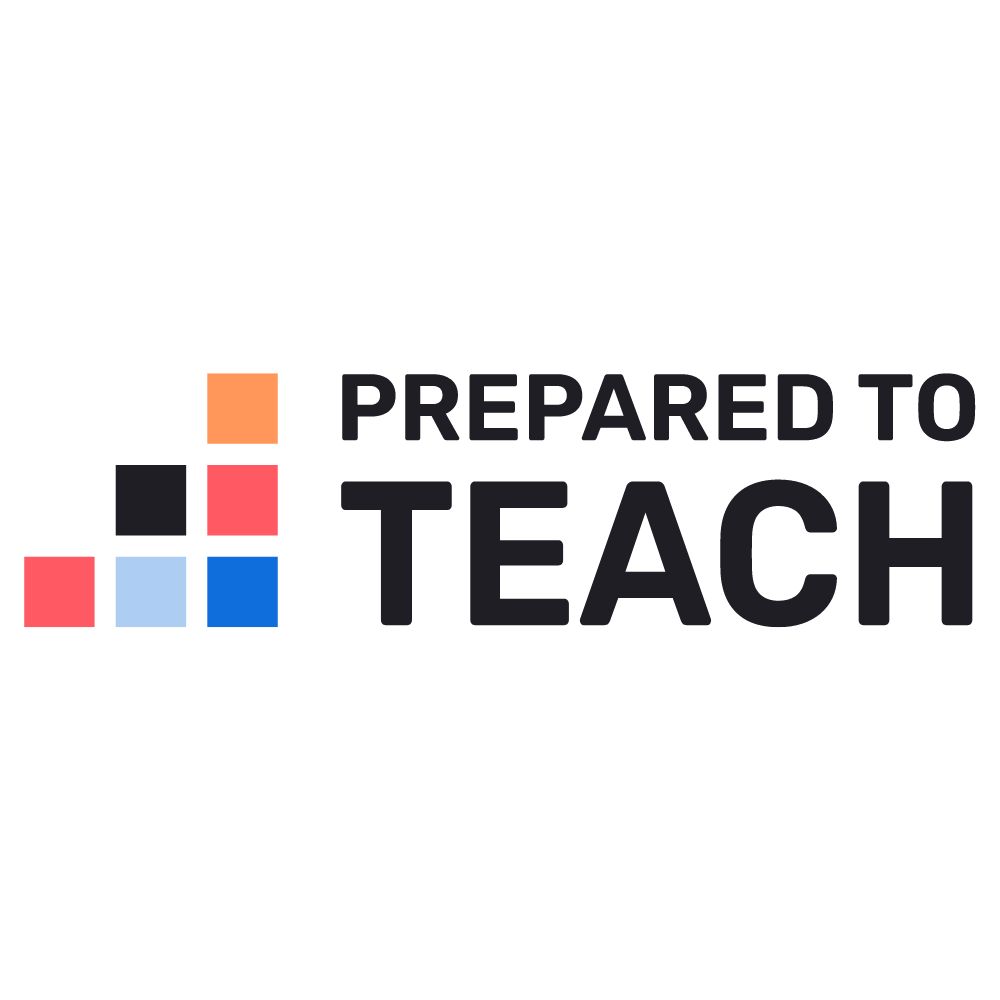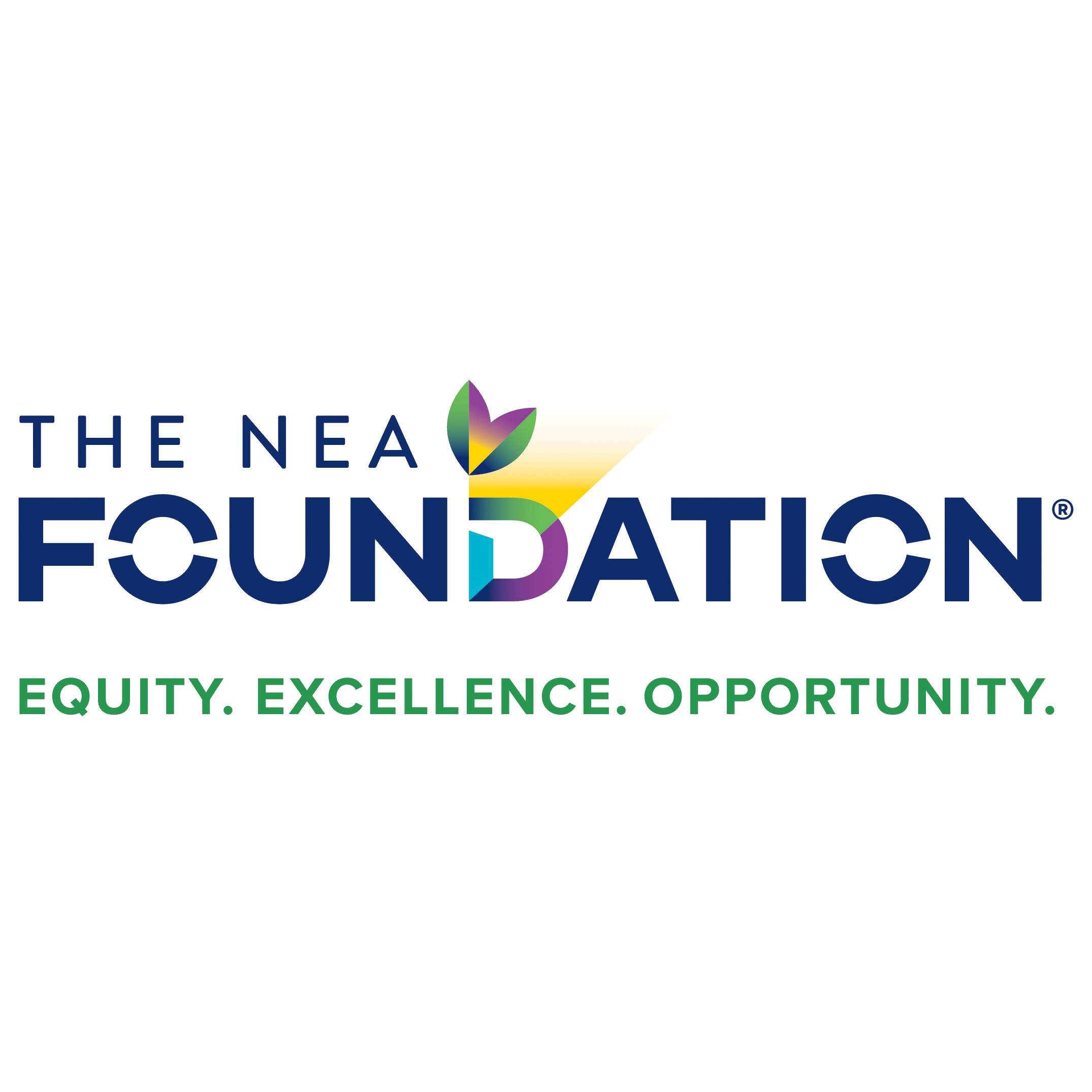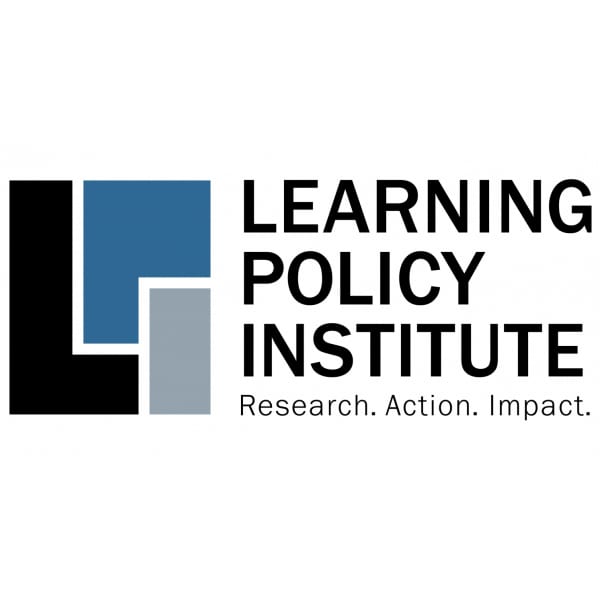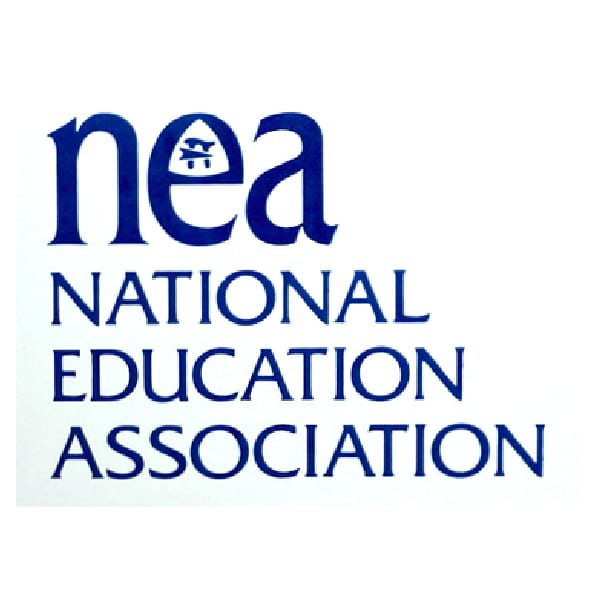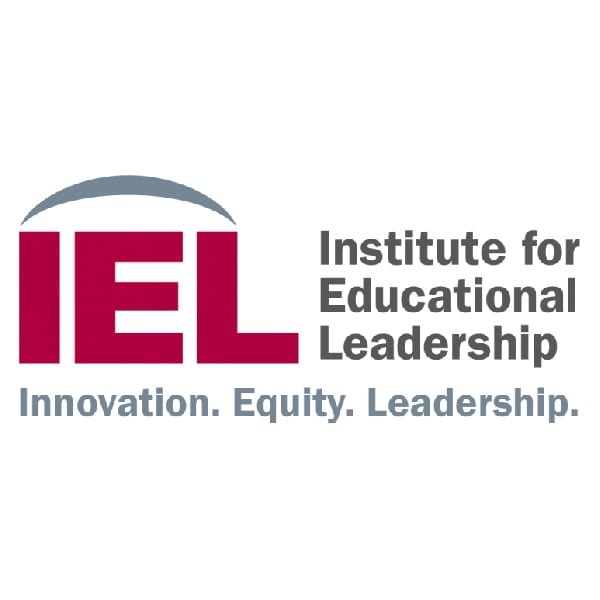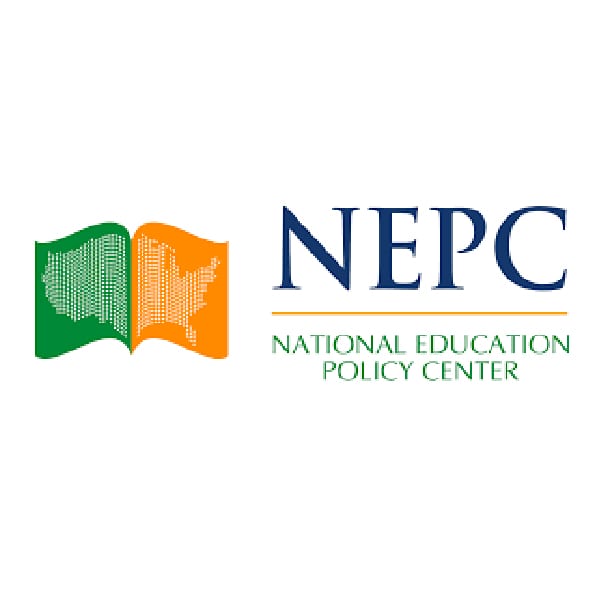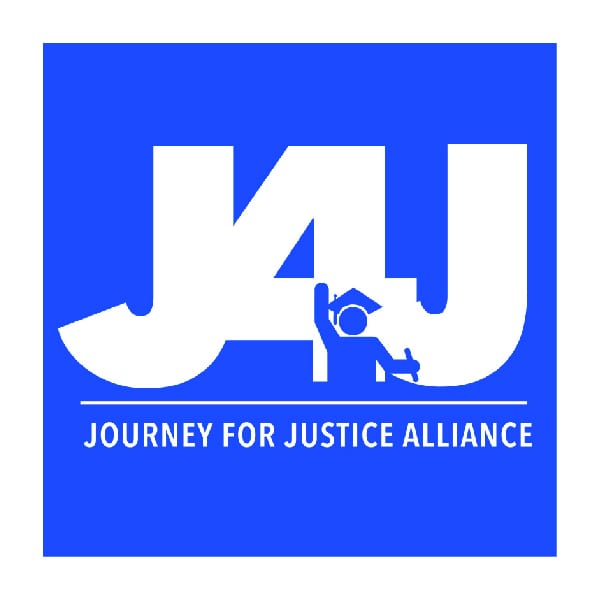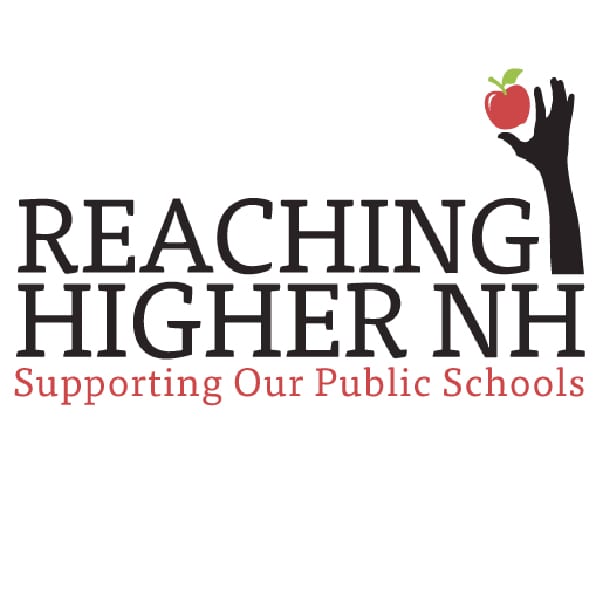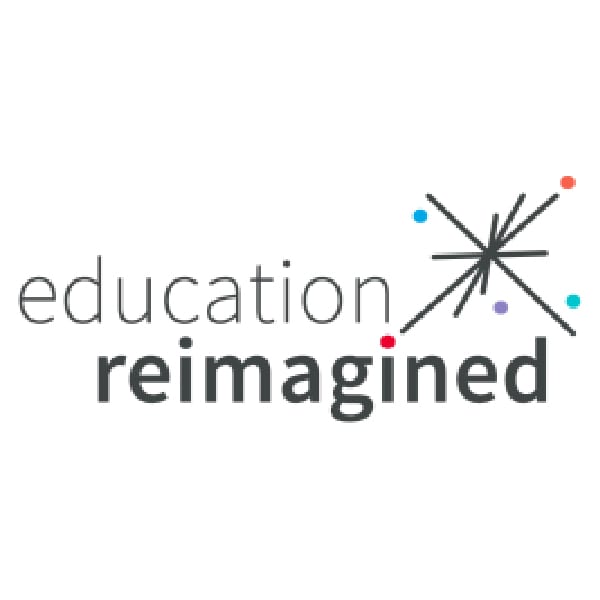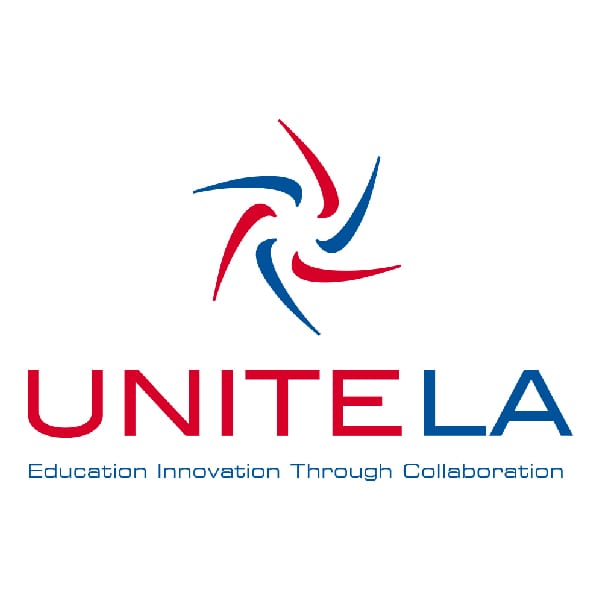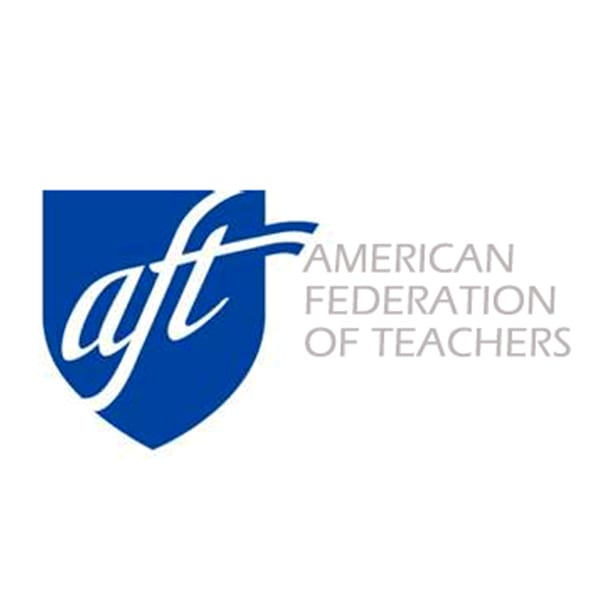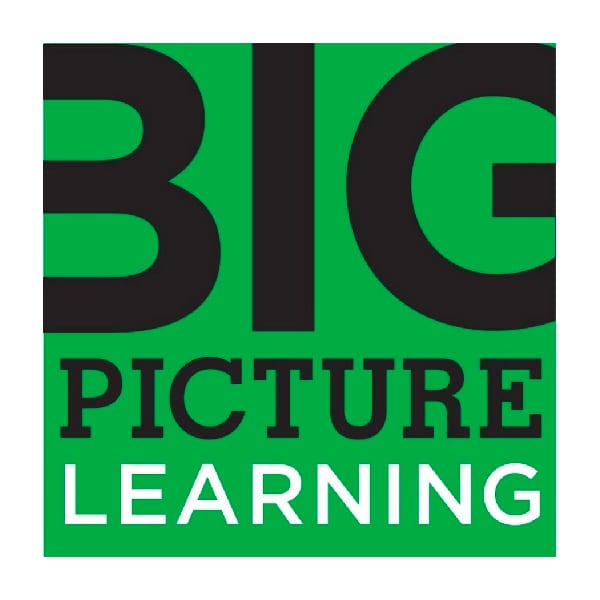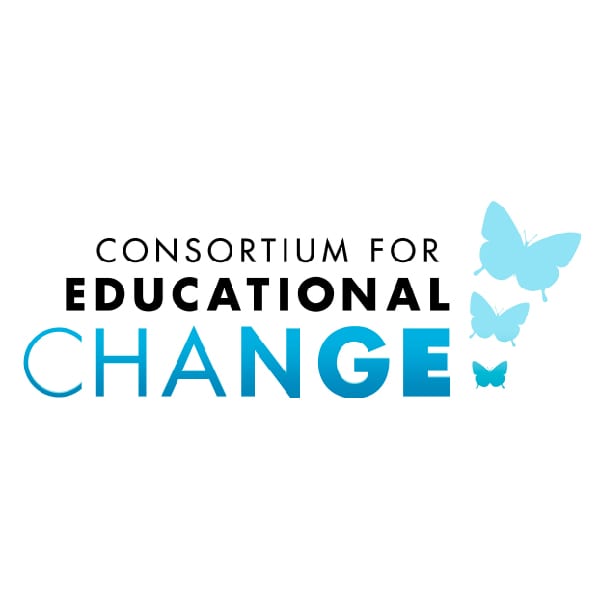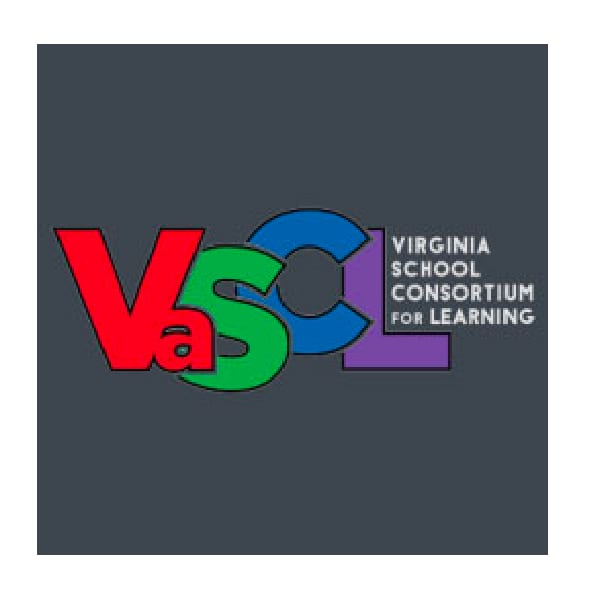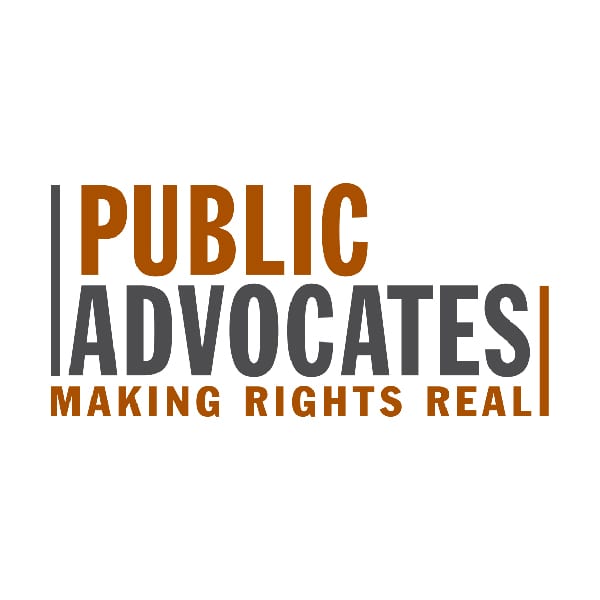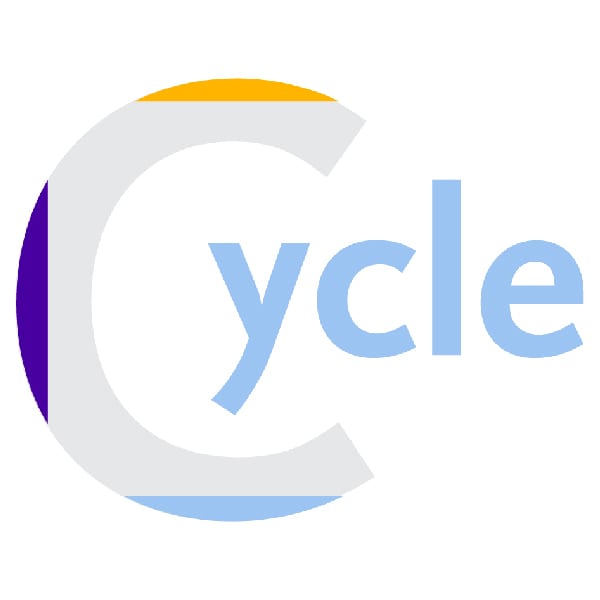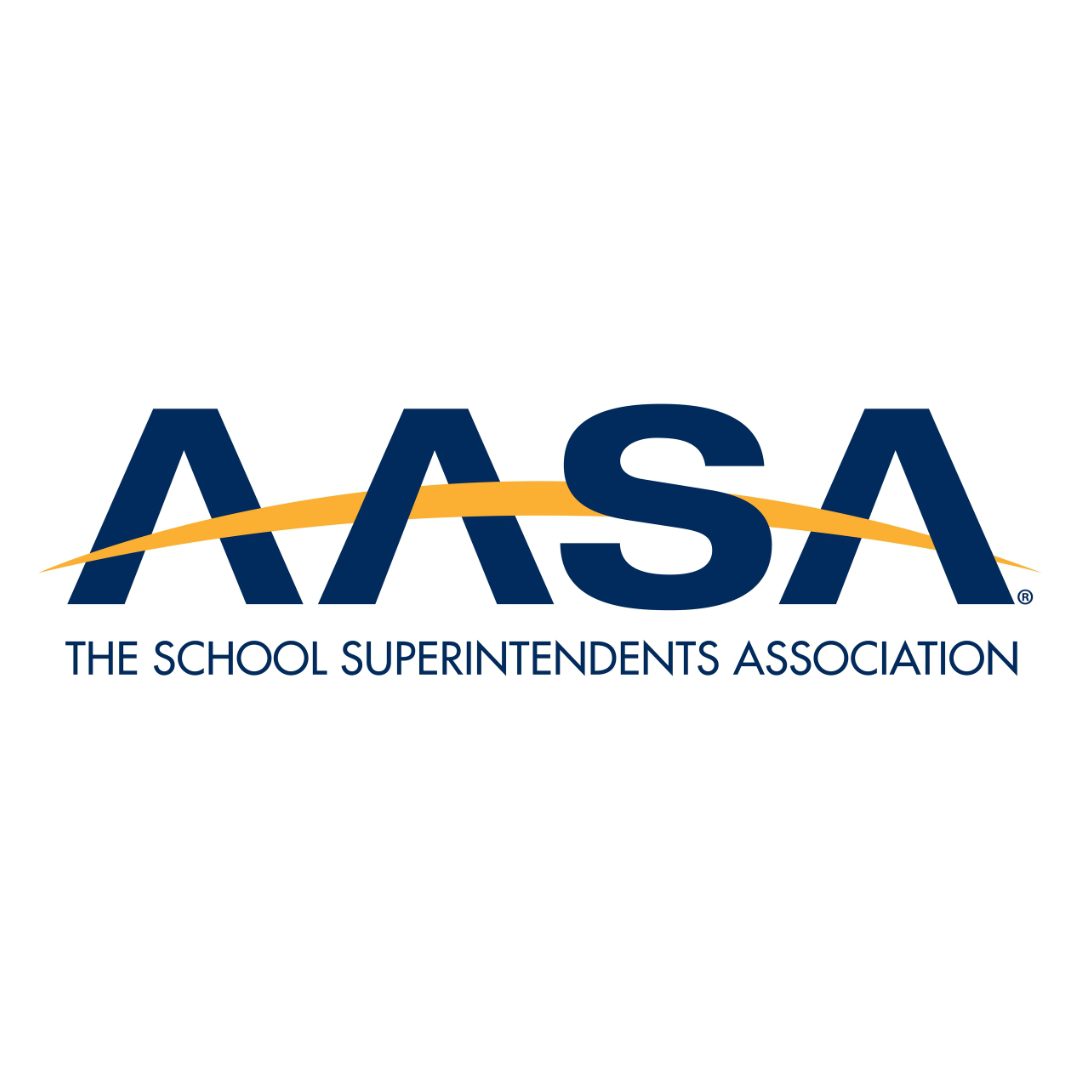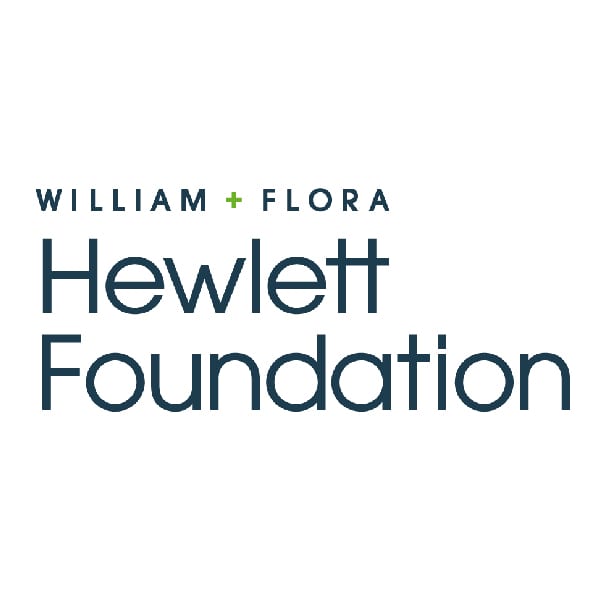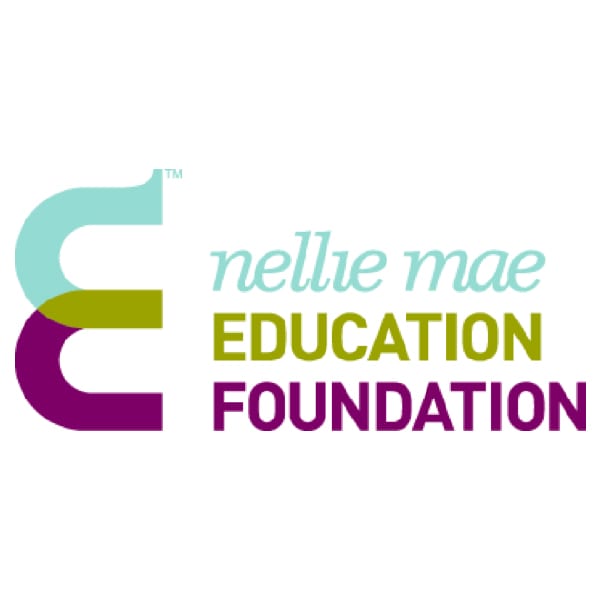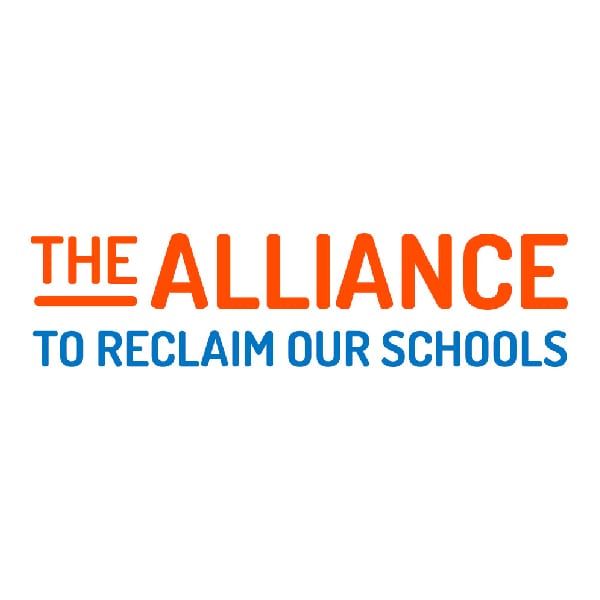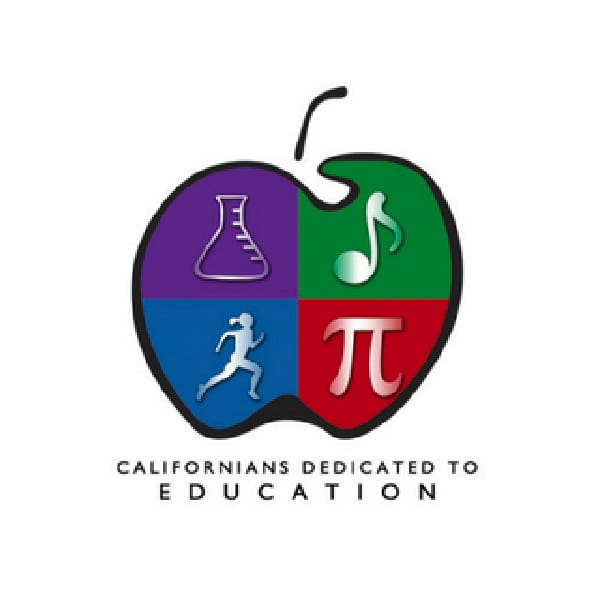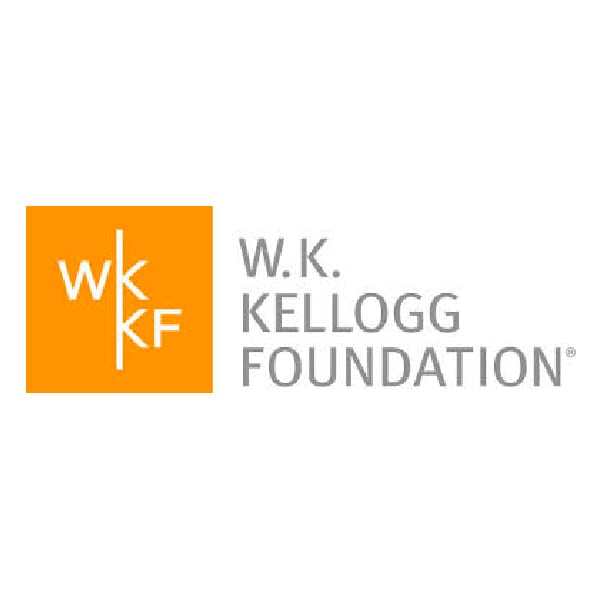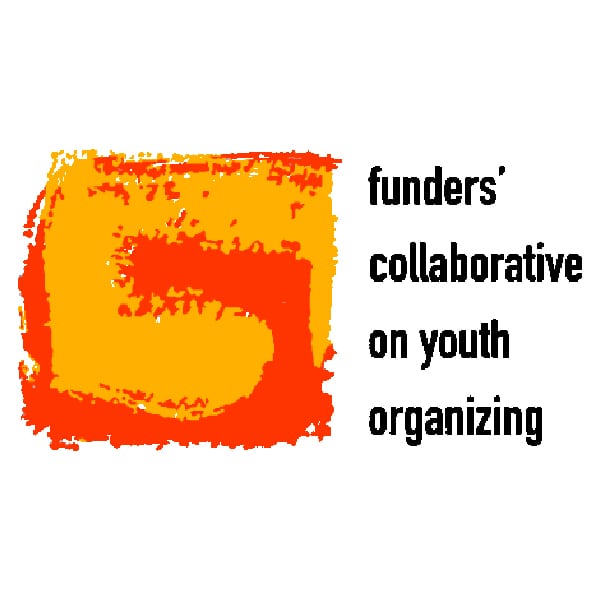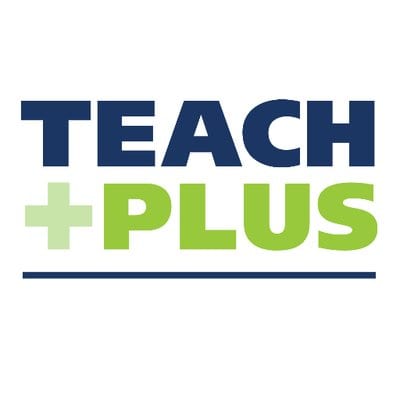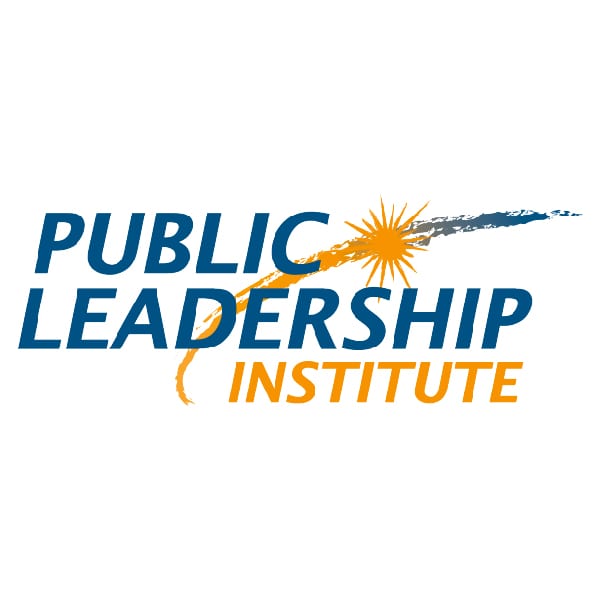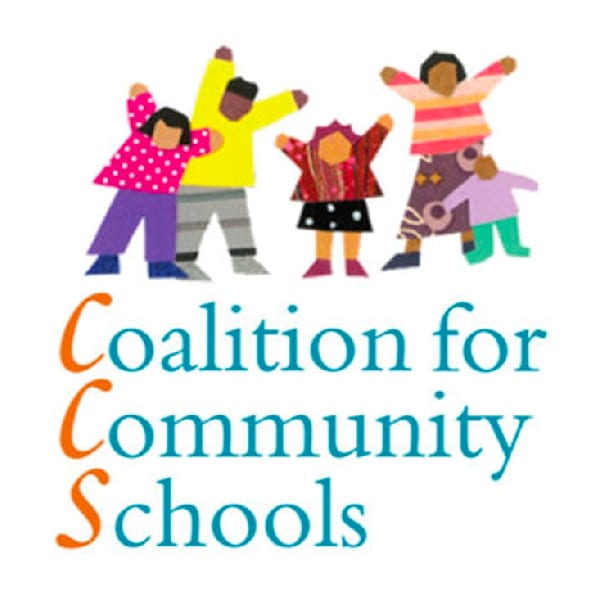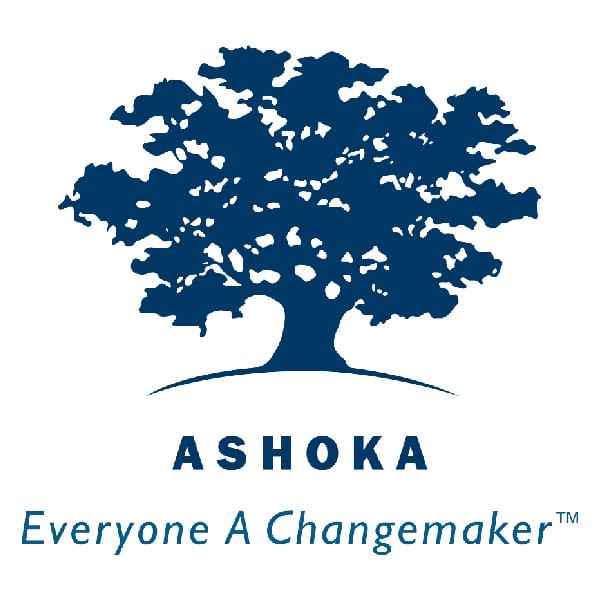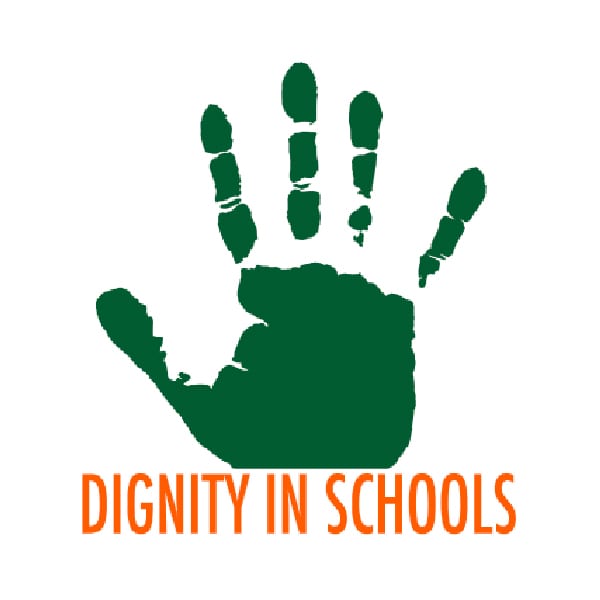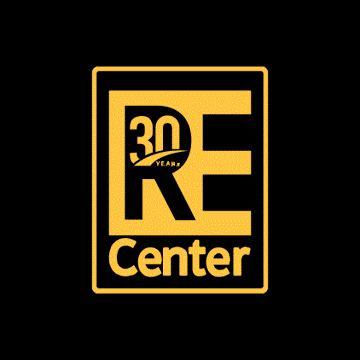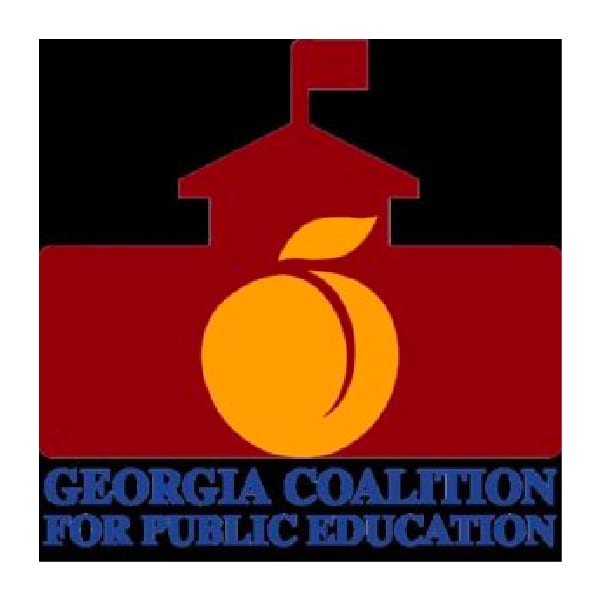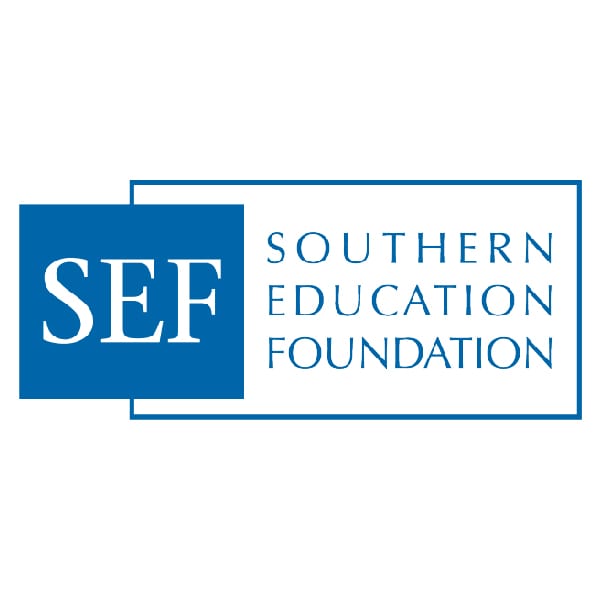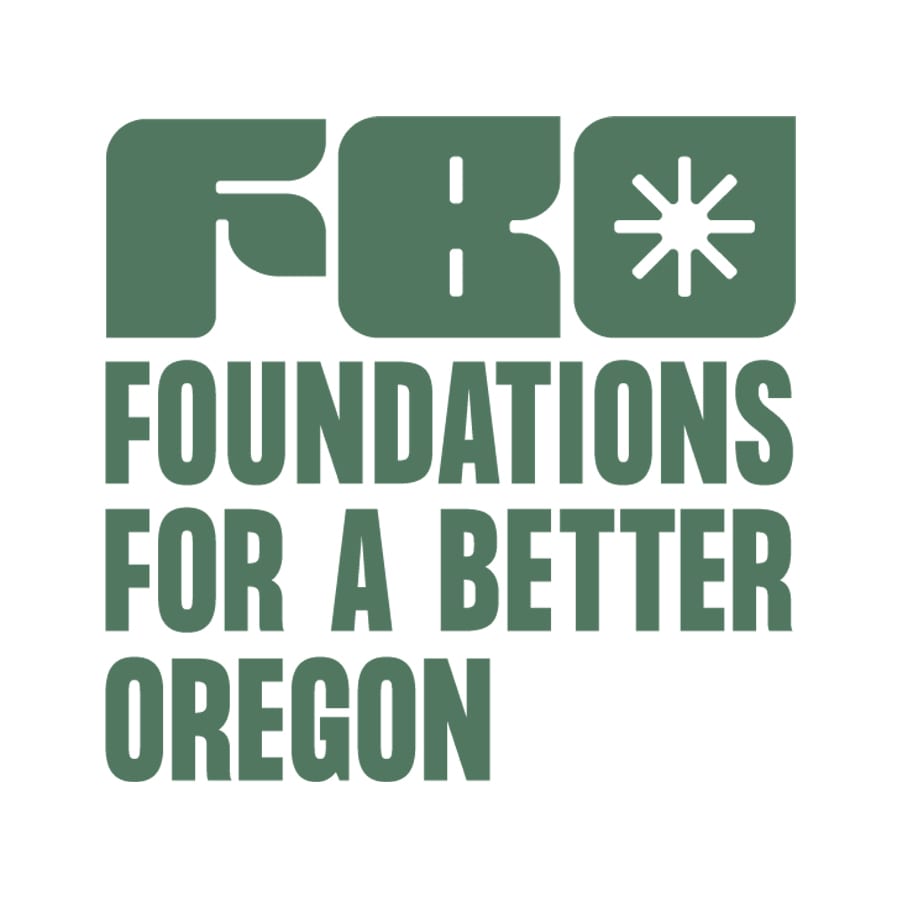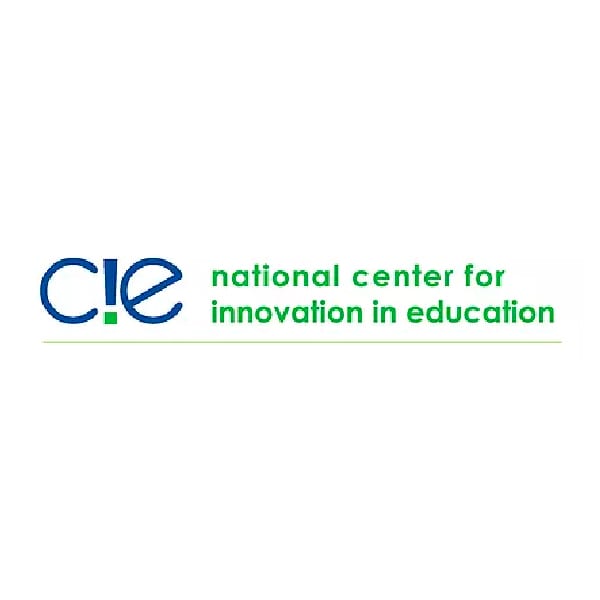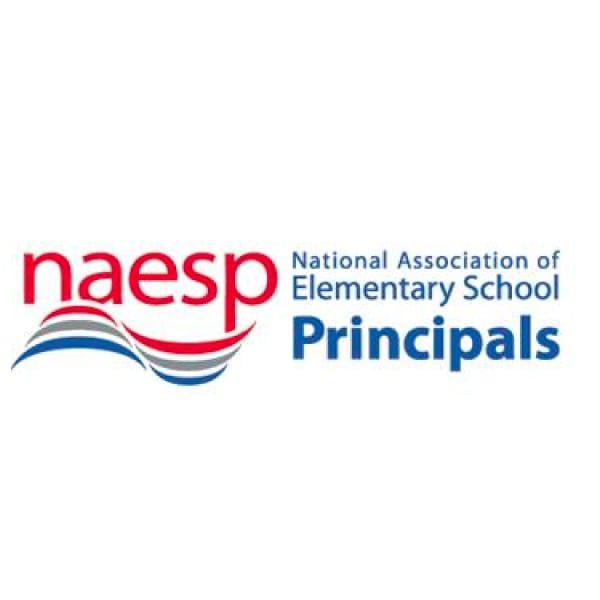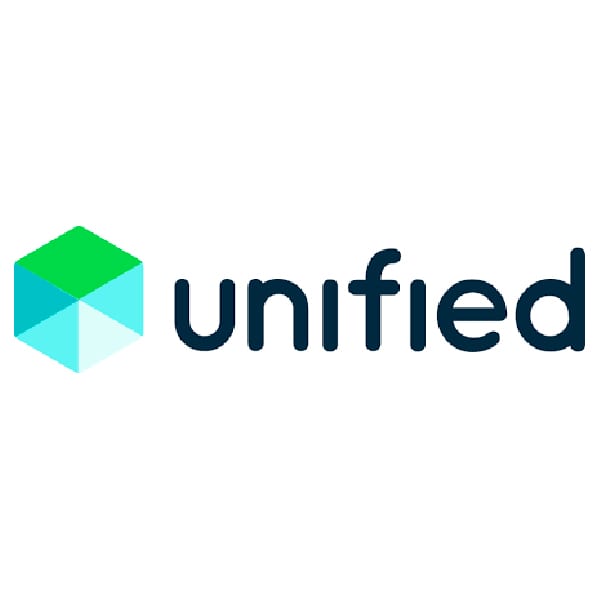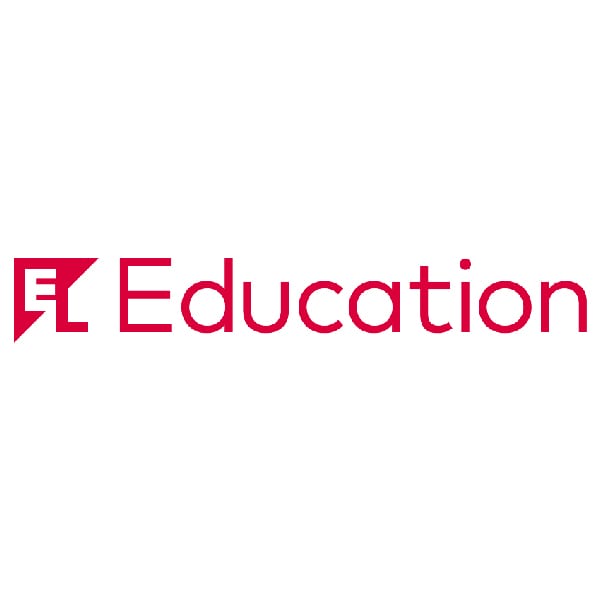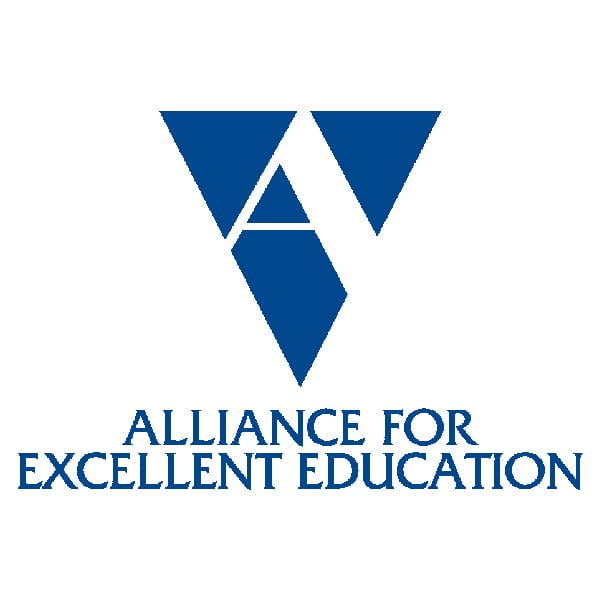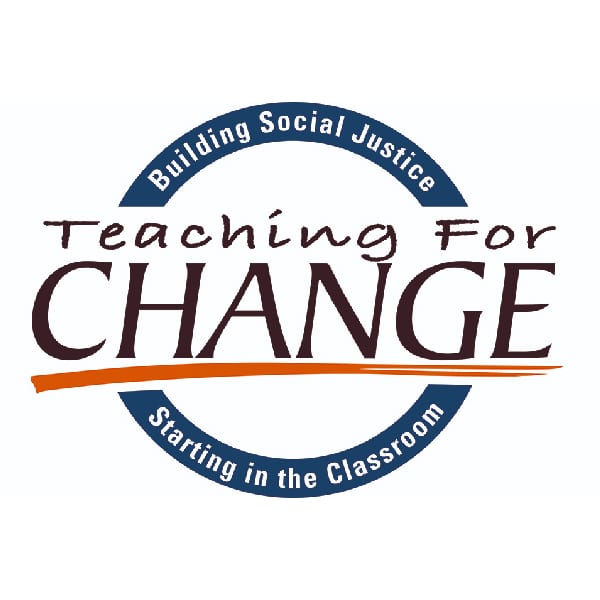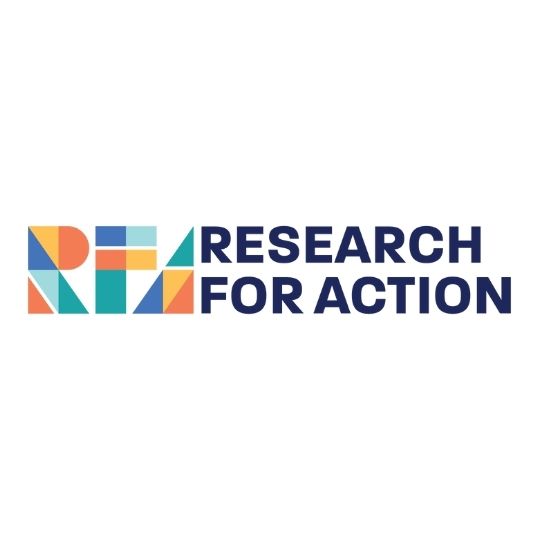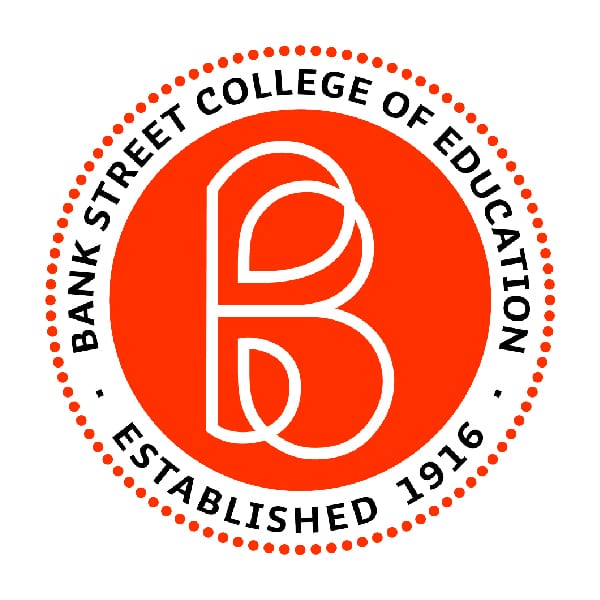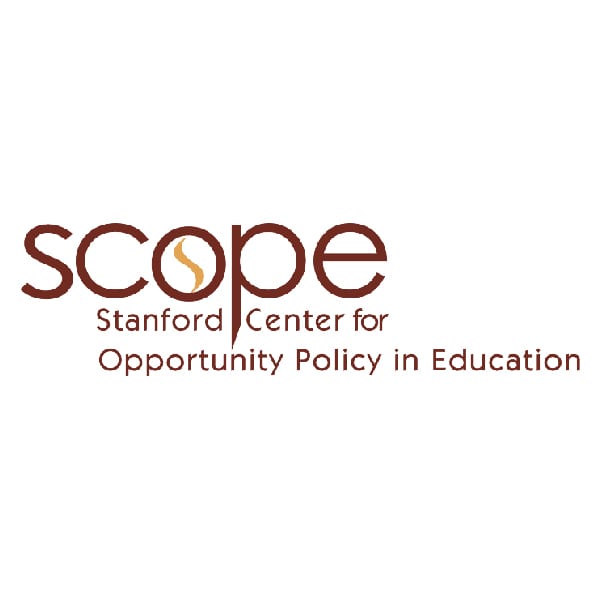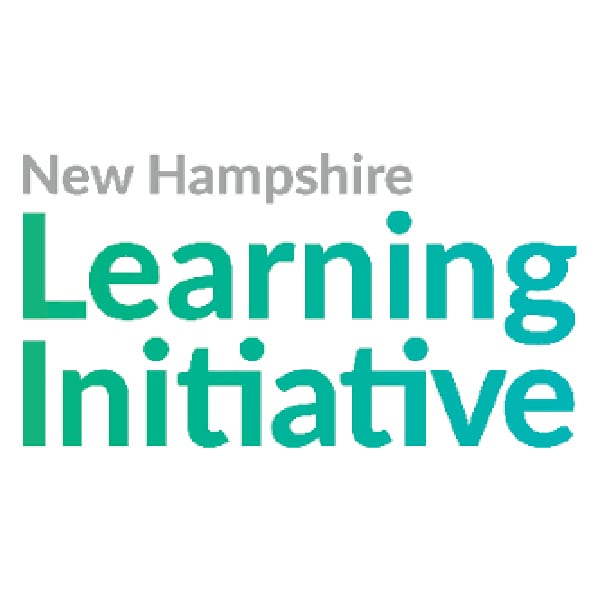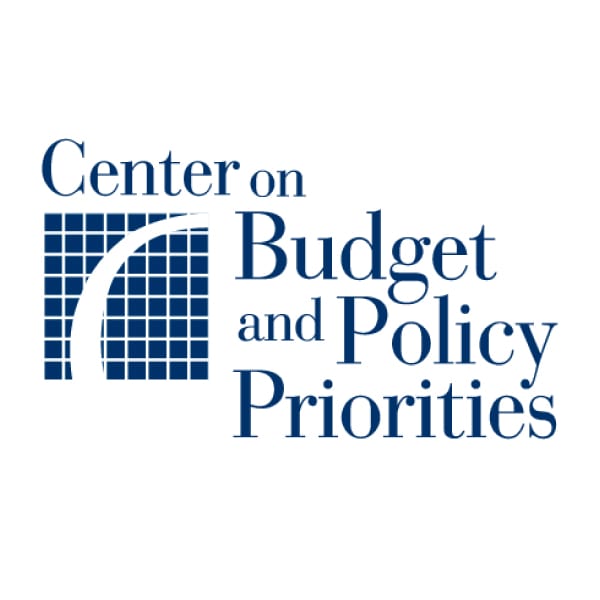Our Network’s Evolution
The Partnership began as a funder working group six years ago with 7 funders and about 12 field partners. In 2012, at a meeting of the Education Funders Strategy Group at the National Public Education Support Fund (NPESF) an inquiry was made: Were other funders thinking about how a different set of guiding values might lead to a different set of educational policies that would help grow and support “New Models” of learning? How can funders show up in different education spaces, wanting to honoring different contexts and communities. How can we be real about the ways the system needs to update and change?
Conversation led to clarity: The dominant narrative about education was flawed and we needed a better way to articulate a powerful vision for the future of learning. We needed more power in the field to overcome the siloed nature of 1,000 different efforts. We needed an affirmative vision to bring people together.
Movement Strategy Center supported development of a long-term strategy to build field alignment among organizations and like-minded efforts with shared values and a common agenda. The core proposition was that field and funders need to pivot and partner shoulder-to-shoulder, informed by the RE-AMP network model to fundamentally change how people relate to and strategize with each other through the practice of partnership. How we move together is as critical to who we are as what we’re moving towards.
Our network has since expanded to become a large and diverse network that represents community voices and collective action with over 700 individual partners from 300 organizations and 20 foundations. Supporting the work of our partners, especially those advancing racial justice, meaningful learning and the protection of public education, remains central in the thinking and planning of the Partnership.
Through an intentional transition plan underway since 2021, the Partnership transitioned towards greater independence and departed the NPESF. The NPESF Board of Directors and the Steering Committee of the Partnership support this transition as it reflects the extraordinary growth the Partnership has achieved building on the strong support, leadership, and nurturance from NPESF. — including expert help in developing the transition plan based on sound analysis and careful planning.
The Partnership continues to pursue its mission with energy and focus to increase its strategic impact at our new fiscal home — Rockefeller Philanthropy Advisors (RPA) as of July 1, 2022. RPA is a nonprofit organization that helps donors create thoughtful and effective philanthropy. Founded in 2002, RPA is one of the world’s largest philanthropic service organizations and has facilitated more than $3 billion in grantmaking to more than 70 countries. RPA also serves as a fiscal sponsor for more than 100 projects, providing governance, management and operational infrastructure to support their charitable purposes.
